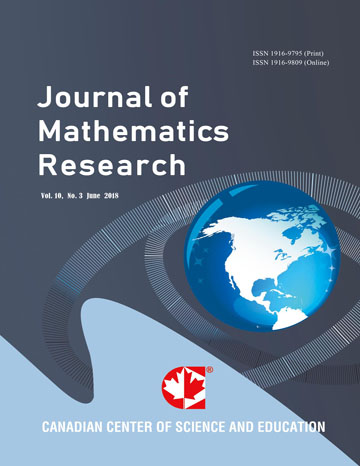Remarks on Convolutions and Fractional Derivative of Distributions
- Chenkuan Li
- Kyle Clarkson
Abstract
This paper begins to present relations among the convolutional definitions given by Fisher and Li, and further shows that the following fractional Taylor's expansion holds based on convolution \[ \frac{d^\lambda}{d x^\lambda} \theta (x) \phi(x) = \sum_{k = 0}^{\infty} \frac{\phi^{( k)}(0)\, x_+^{k - \lambda }}{\Gamma(k - \lambda + 1)} \quad \mbox{if} \quad \lambda \geq 0, \] with demonstration of several examples. As an application, we solve the Poisson's integral equation below \[ \int_0^{\pi/2} f(x \cos \omega)\sin^{2 \lambda + 1} \omega d \omega = \theta(x) g(x) \] by fractional derivative of distributions and the Taylor's expansion obtained.
 PDF
PDF
